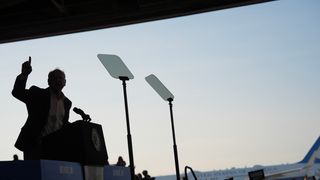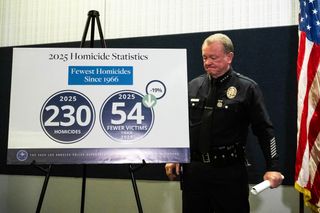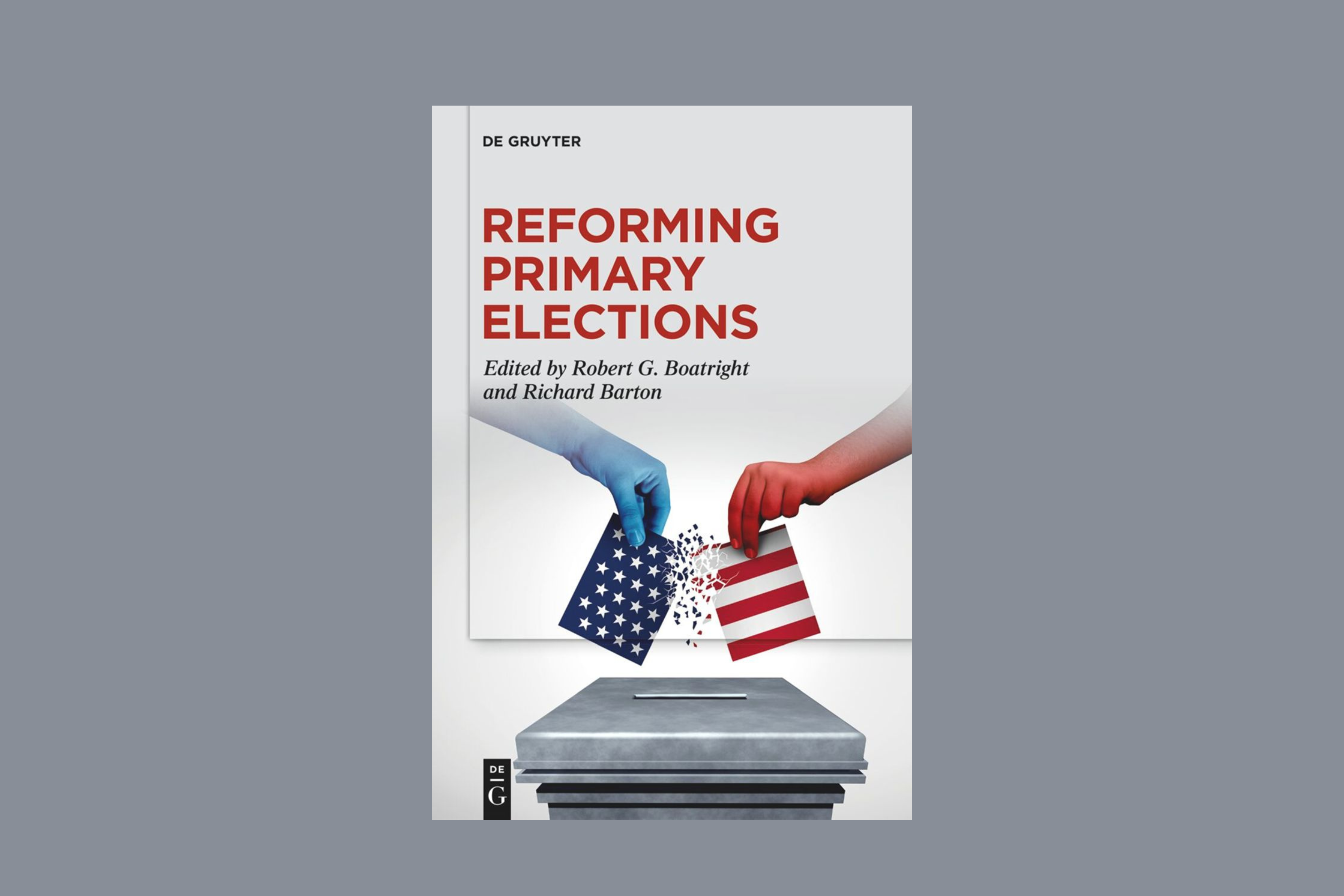A former teacher and football coach who a majority of Americans had never heard of before is now running for vice president of the United States alongside Democratic presidential nominee Kamala Harris.
While the two names at the top of the Democratic and Republican tickets – Harris and Donald Trump – will largely define the next three months in the US presidential race, both campaigns will still focus considerable attention on defining Tim Walz, Harris’ largely unknown running mate.
So, who is Walz? And what will his addition to the Democratic ticket mean for Harris and the Democrats’ chances of winning the election?
Teaching in rural public schools
Walz undeniably has strong roots in rural and working-class America, despite being a member of a Democratic Party that has become increasingly urban and highly educated in recent years.
Born in a small Nebraska town to a school teacher father and a school administrator mother, Walz enrolled in the National Guard at 17. He later graduated from a small public university with a degree in social science education.
Walz met his wife, Gwen, while teaching in rural Nebraska. She soon persuaded him to move to her home state of Minnesota, where they got jobs teaching at the same school.
Walz devoted the next decade of his career to the school in Mankato, Minnesota, where he was a social studies teacher, American football coach and faculty adviser for the student gay-straight alliance.
One particular incident then spurred Walz’s decision to embark on a career in politics. In 2004, he took a group of students to a rally for then-presidential candidate George W. Bush. They were initially denied entry because one of the students had a campaign sticker for Bush’s rival, John Kerry.
Walz was reportedly irate – and signed up to volunteer for Kerry’s campaign the next day. He then ran for Congress himself in a rural southern Minnesota district bordering Iowa, which he won in 2006.
As a former command sergeant major, he was the highest-ranking enlisted military member in the history of Congress. And as a representative, he become known as a workhorse, eventually leading the Veterans Affairs Committee.
After winning six terms in a row in a once reliably Republican district, Walz ran for and won the Minnesota governorship in 2018. He was re-elected in 2022.
Walz’s political positions
In his first congressional campaign, Walz presented himself as a moderate Democrat, touting endorsements from the National Rifle Association.
As a veteran and one of very few Democrats to represent a mostly rural district, Walz bucked the party line on some issues, including opposing a decrease in military spending. A key reason was his concern about China.
Walz taught English for a year in China and spent his honeymoon there. He and his wife even started a company leading student tours of China.
Given this history, Walz has a deep familiarity with the country. When he got to Congress, he joined the Congressional-Executive Commission on China, a legislative group monitoring human rights and the rule of law in the country. He co-sponsored a number of resolutions condemning China’s human rights abuses and poor environmental standards.
Walz has also championed democracy activists in Hong Kong and regularly meets with exiled Tibetan leaders, including the Dalai Lama.
He and his wife were even married on June 4 1994 – the anniversary of the Tiananmen Square massacre in Beijing in 1989 – because, his wife said, he “wanted to have a date he’d always remember”.
Walz’s time as governor of Minnesota – a state that is more Democratic-leaning than neighbouring Wisconsin or Michigan – has undoubtedly seen him turn more progressive.
Aided by the fact Democrats hold a small majority in the Minnesota legislature, Walz’s tenure has led to a number of progressive legislative wins, including:
- legalising recreational marijuana
- codifying abortion rights
- providing free breakfasts and lunches to public school students
- implementing paid family and medical leave for nearly all state workers
- allowing undocumented migrants to apply for driver licences.
Defining Walz
From teaching on a Native American reservation to a school in China not long after the Tiananmen Square massacre, Walz’s life story has had many diverse turns. So much so, his staffers once called him Forrest Gump, after the Tom Hanks character with a colourful life.
Both the Harris and Trump campaigns are now angling to define his latest chapter.
The Harris campaign is hoping Walz’s straight-talking, Midwestern dad persona, combined with his background as a National Guardsman familiar with everything from turkey hunting to repairing pickup trucks, will make him relatable to a wide swathe of voters in middle America. He’s a conventional politician.
This is particularly important given his running mate, Harris, is anything but conventional – if she wins in November, she would be the first Black woman and South Asian president in US history. She’s also from California – a state that hasn’t produced a president since Ronald Reagan in the 1980s.
The campaign will also seek to juxtapose Walz’s perceived normalcy against the Trump-Vance ticket, which it is depicting as “weird”.
Walz first used this word to describe the Republican ticket, and it instantly went viral. He’s since become referred to as a “cool dad” online and has become the source of a stream of memes in recent days.
For the Trump campaign, they are hoping to define Walz by his more progressive tenure as Minnesota governor, ultimately alienating more moderate voters.
In the hours after Walz was announced as Harris’ running mate, Republicans began highlighting the unrest in Minnesota that followed the murder of George Floyd by a police officer in 2020 and criticising Walz for being too slow to call in the National Guard to quell the violence.
While Walz would ultimately call in a sizeable number of National Guardsmen, the Republicans have nonetheless zeroed in on this attack line – even highlighting how Harris sought to raise funds for protesters who had been arrested in Minnesota.
Crime is a challenging issue for Democrats. When pollsters asked Americans last year which political party does better on crime, Democrats trailed Republicans by ten percentage points.
Where to from here?
Ultimately, Harris made clear what she views as Walz’s addition to the Democratic ticket, highlighting his background as a school teacher and National Guardsman. She also told him on Tuesday, “you understand our country”.
Over the next few months, we’ll see how accurate that statement is – if Walz’s understanding of the country actually helps Harris to win the race in November.









.png?rect=0,3,6000,3994&w=320&h=213&auto=format)